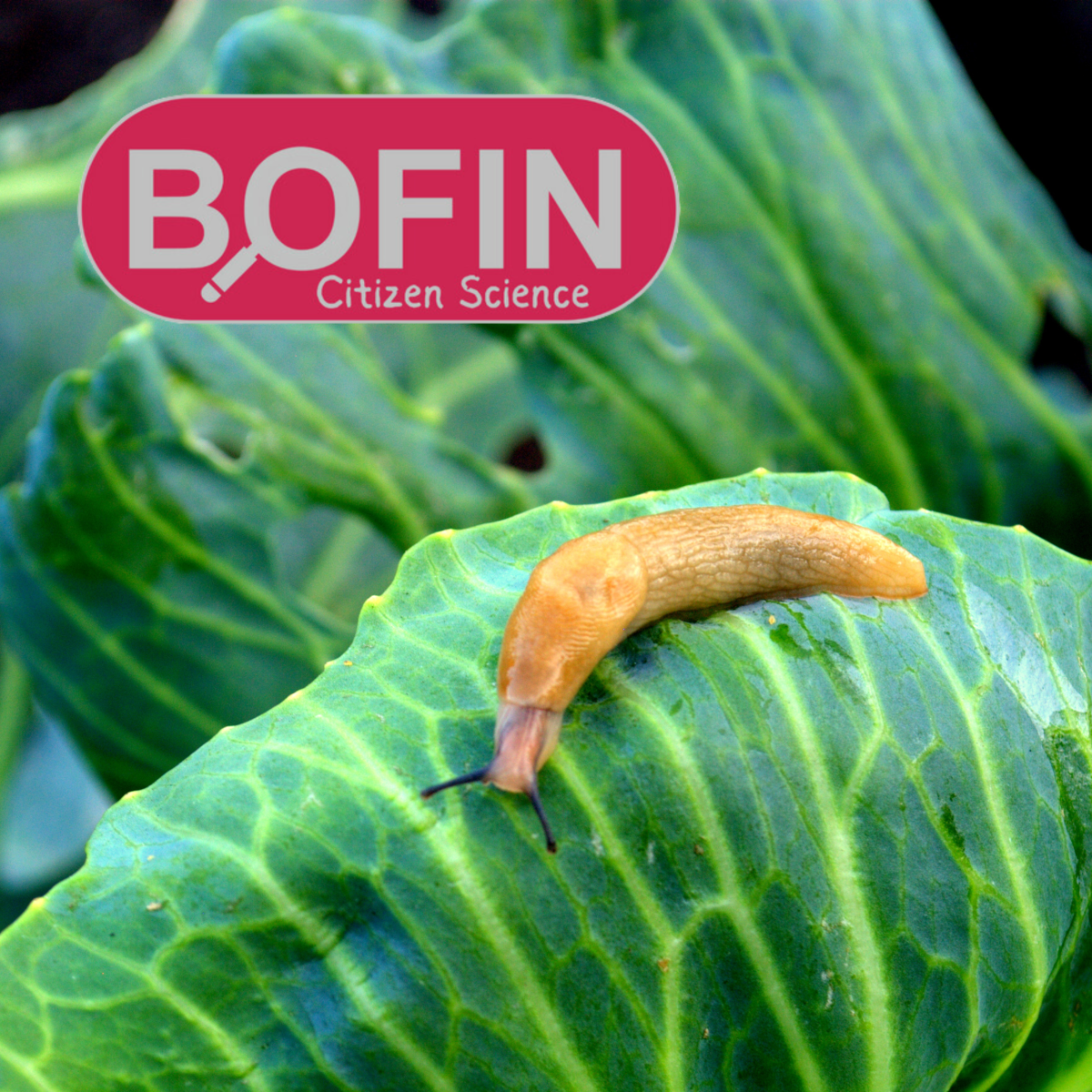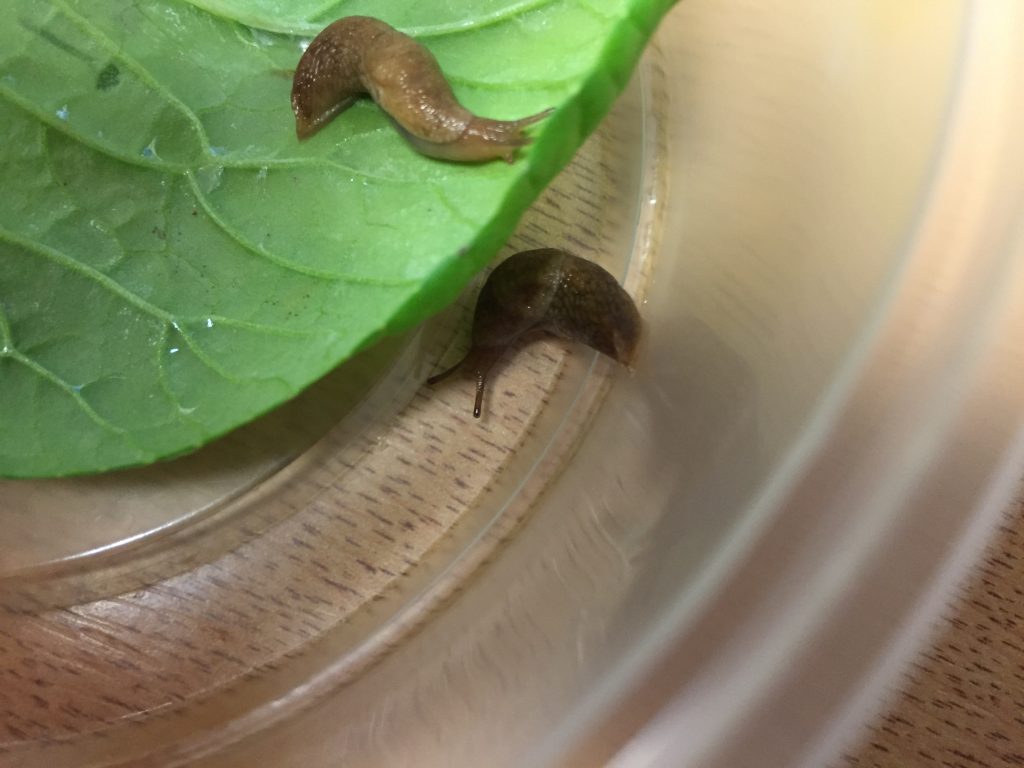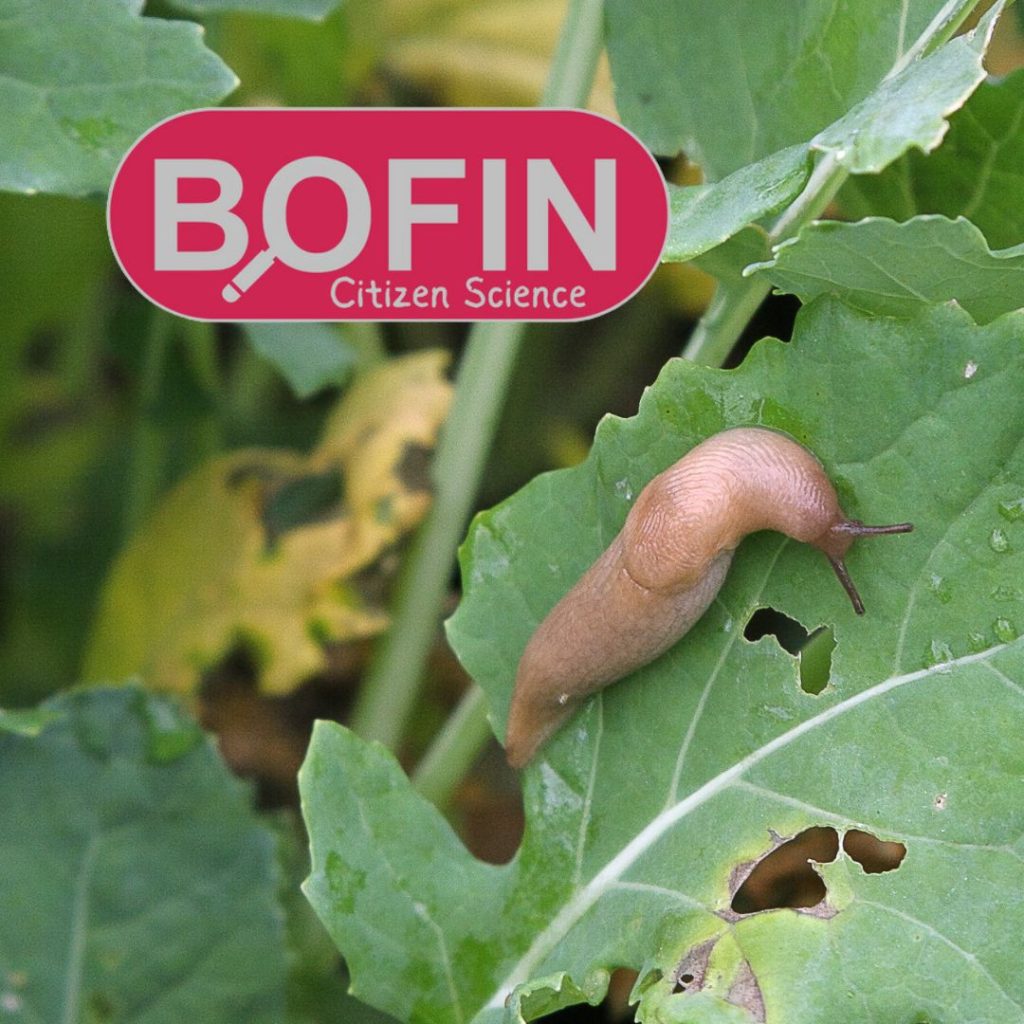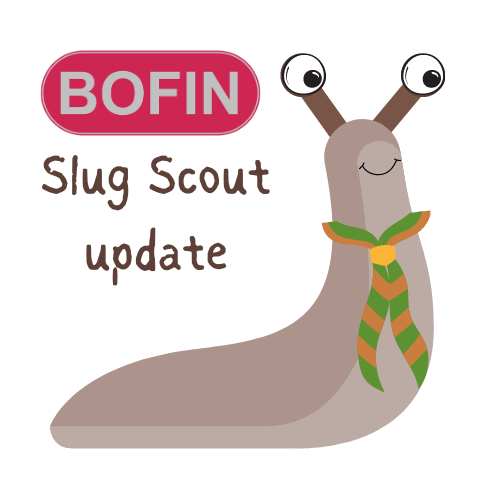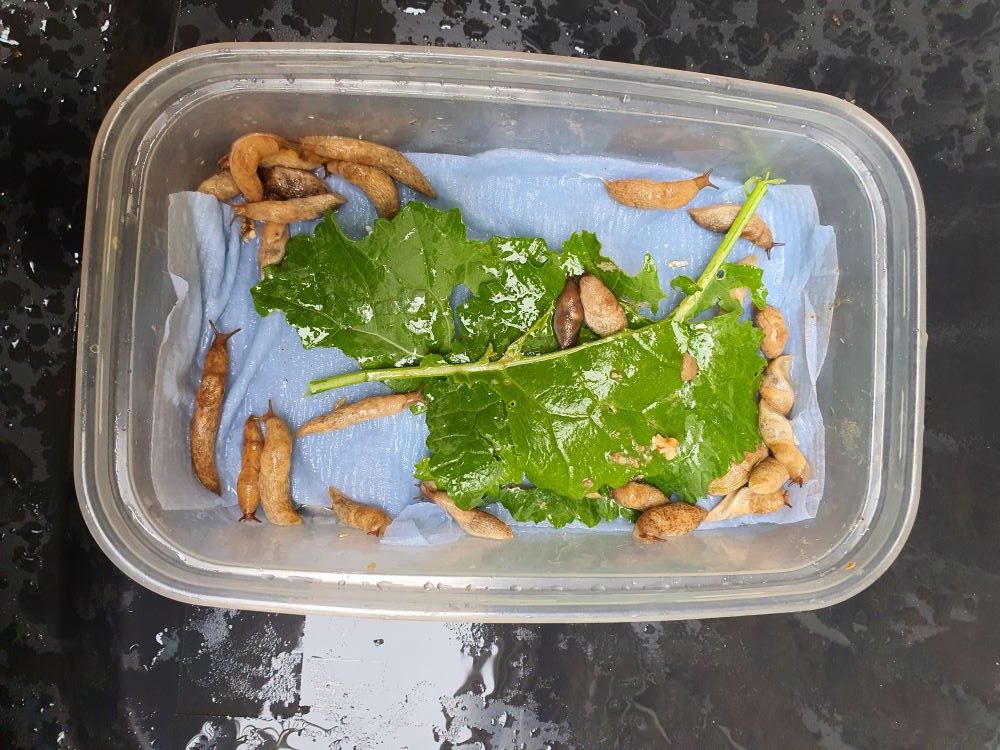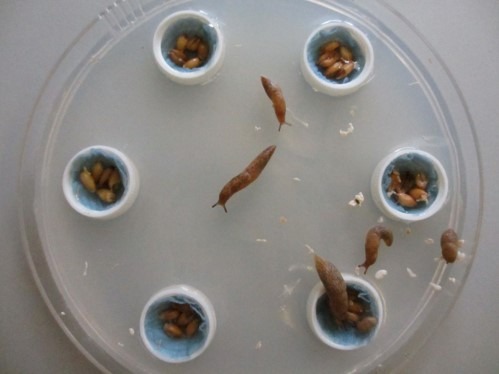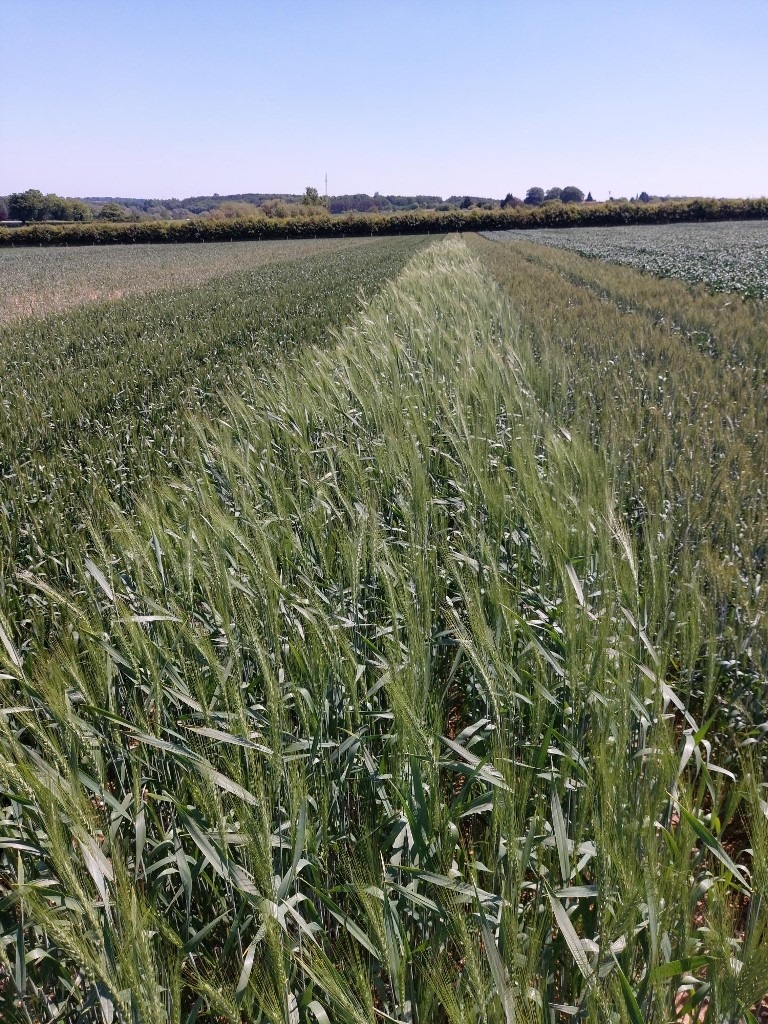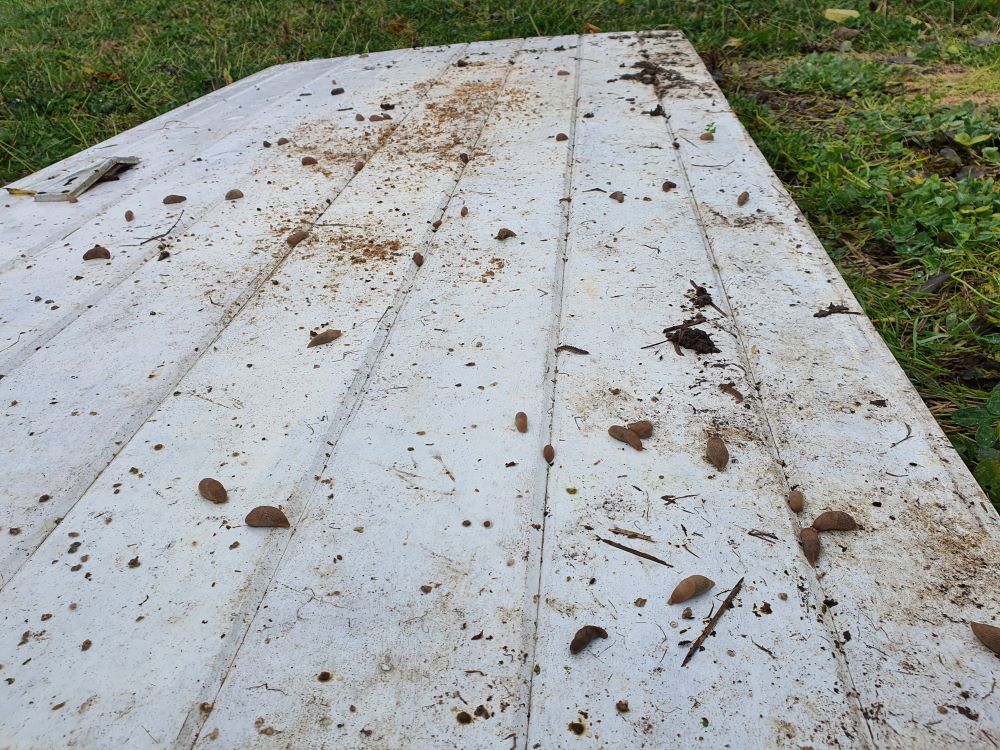Rewriting Nature’s Code for Plants
Imagine you’re tending to your garden and notice a plant that’s struggling to thrive. What if you could rewrite its genetic instructions to make it stronger, more resilient, or even tastier?
That’s essentially what precision breeding for plants aims to do.
What are plant genes?
Just like humans, plants have genes that act as instruction manuals. These genes, made up of DNA, tell the plant how to grow, when to flower, how big its fruit should be, and even how to defend itself against pests. Every plant has its own unique set of genetic instructions.
So, what is precision breeding in plants?
Precision-bred crops can be created through gene editing.
Gene editing is a technique that allows scientists to make precise changes to a plant’s DNA.
It’s like having a pair of molecular secateurs that can snip out specific parts of the genetic code. The most well-known gene editing tool is called CRISPR, which has revolutionised plant breeding since its discovery.
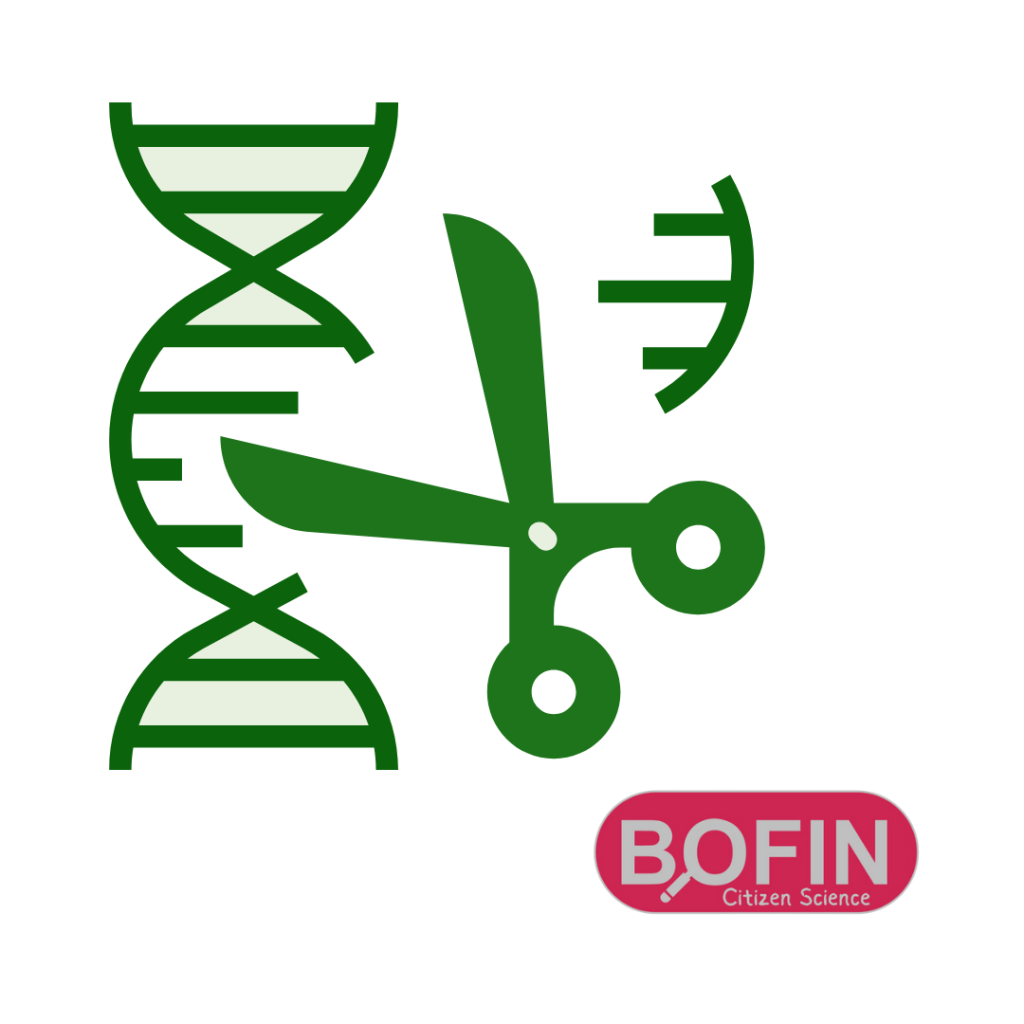
It’s important to note here that gene editing is not the same as genetic modification as no foreign DNA is left in the plant. The changes made through gene editing are the same as those which could occur naturally.
How is gene editing useful in plants?
Gene editing in plants has several exciting applications:
- Creating crops that are more resistant to diseases or pests, reducing the need for chemical pesticides.
- Developing plants that can better withstand drought or extreme temperatures, helping farmers adapt to climate change.
- Enhancing the nutritional value of food crops.
- Improving the taste or appearance of fruits and vegetables.
Is it controversial?
Like many new technologies, gene editing in plants has sparked debate. Some worry about potential unintended consequences on ecosystems or whether gene-edited plants should be labelled differently in shops. But as the changes made through gene editing are the same as those that occur naturally, there is no greater risk than plants developed through traditional breeding.
Introducing the PROBITY project
The BOFIN-led PROBITY project was launched in August 2024. It brings together experts from 12 organisations including plant scientists, social scientists, supply chain experts and food manufacturers as well as farmers.
Seed from precision-bred cereal varieties developed in small quantities by scientists at John Innes Centre in Norwich and Rothamsted Research in Hertfordshire will be multiplied up. This will then enable around 25 selected farmers to trial the crops on their own farms.
Each of these varieties have potential benefits to sustainable food and farming:
- A wheat with superior baking, toasting and processing properties
- A barley that high lipid, high energy
- High performance wheat which promises a step change in productivity
Every step of the way the seed, crops and harvested wheat and barley will be tested and scrutinised by the farmers, scientists and food researchers. They want to find out how these traits perform and to fully understand the benefits and challenges. It will also include discussion with people from across the supply chain, including consumers, on their feelings and attitudes to producing, sourcing and ultimately eating food made from gene edited crops.
Interested? Find out more:
If you’re keen to explore this subject further take the #PROBITYPledge to receive further resources in your inbox. Then, get involved with online discussion around precision breeding at The Sequence Circle where you can share views and ask questions.
Click HERE to get involved.

